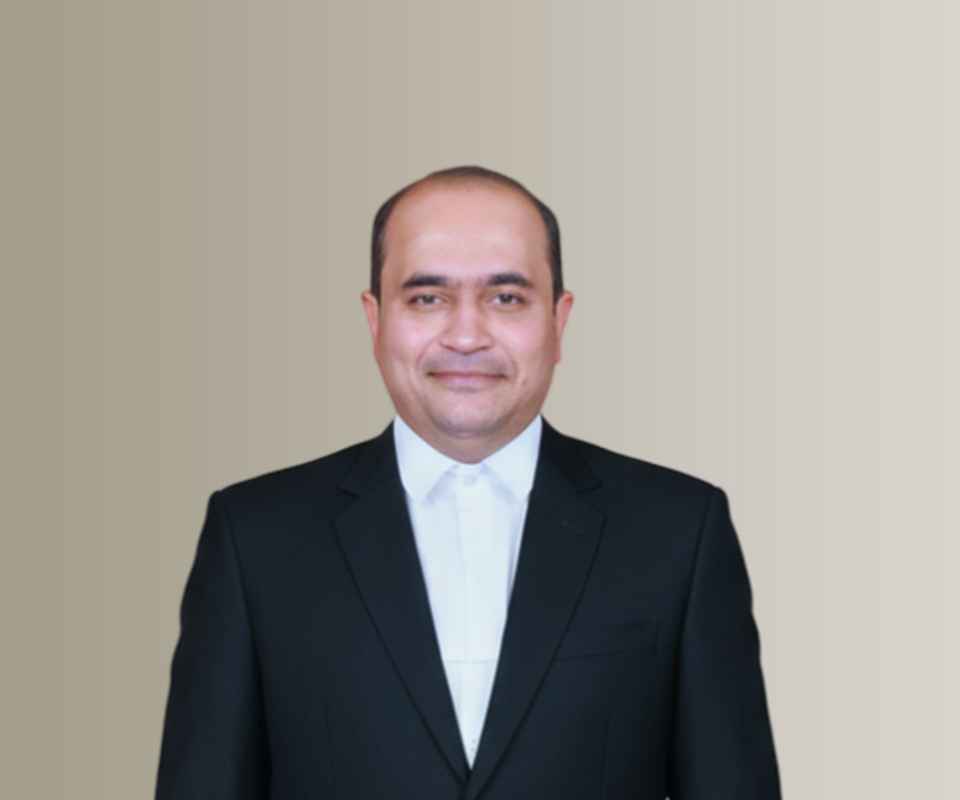Answer By law4u team
In Muslim law, adoption and custody are governed by Islamic principles, which differ from other religious laws in India. Here's an overview of both concepts under Muslim law: 1. Adoption under Muslim Law: Full Legal Adoption (as understood in other religions): Muslim law does not permit full legal adoption, where the child takes the surname of the adoptive parents or inherits from them. Instead, it recognizes the concept of Kafala, which refers to the guardianship or fostering of a child. Kafala: This is a system where a child is cared for, but their biological family remains their legal family. The child under Kafala retains their biological surname and inheritance rights. The adoptive parent is seen as the child's guardian and is responsible for the child's welfare, education, and overall care. Legal Status of the Child: The child under Kafala does not automatically acquire the legal status of a biological child. This means the child does not inherit from the guardian (adoptive parent) unless specifically mentioned in a will. The child also cannot take the guardian's surname. Guardianship Rights: The guardian (kafil) does not have the same rights as a biological parent, but they are responsible for the child’s well-being and upbringing. Guardianship is typically offered by the court or agreed upon by the parents of the child. 2. Custody of Children under Muslim Law: Custody in the context of Muslim law revolves around the concept of Hizanat, which refers to the right of a parent (typically the mother) to have custody of minor children following a divorce or separation. Custody rules in Muslim law are based on the principles of the best interests of the child, but the specifics can vary. Custody of Minor Children: For Boys: A mother typically has custody of a male child until he reaches the age of 7 years. After this age, custody may shift to the father, as it is assumed that the father is better equipped to provide for the child's future. For Girls: A mother typically retains custody of a female child until puberty (around the age of 9), after which custody may shift to the father, unless there are exceptional circumstances. In the Event of a Dispute: If both parents are unable to care for the child, the court may intervene to decide what is in the best interests of the child. This may involve placing the child with other family members (e.g., paternal grandparents). Factors Influencing Custody: Best Interests of the Child: The welfare of the child is the paramount consideration in custody decisions. If a parent is deemed unfit (due to reasons like ill-treatment, neglect, or incapacity), custody can be awarded to the other parent or another family member. Parental Rights: While the mother has primary custody rights, the father retains the right to legal guardianship and can make decisions about the child’s education, health, and general welfare. Visitation Rights: If custody is granted to one parent, the other parent typically has visitation rights unless the court deems it otherwise. For example, if the mother has custody of a boy under 7, the father still has the right to visitation. However, visitation rights can be modified depending on the circumstances or if the child’s welfare is at risk. Role of the Court: If there is a dispute regarding custody, it is settled by the court, which will ensure that the child's welfare is maintained. The court may override personal law provisions if it believes that the child's best interests require it. Key Points to Remember about Adoption and Custody in Muslim Law: Adoption under Muslim law does not change the child’s legal status or inheritance rights; instead, Kafala provides guardianship without full adoption. Custody of Boys: The mother generally has custody until the child turns 7, after which custody may shift to the father. Custody of Girls: The mother typically retains custody until the girl reaches puberty, after which the father may take over custody unless there are specific reasons to prevent it. Guardianship: In case of divorce or death, the father generally retains guardianship over the child's future decisions (such as education, marriage, etc.), while the mother has custodial rights. These provisions ensure that the child’s best interests remain central, but the concepts of adoption and custody under Muslim law are distinct from other legal systems, especially regarding inheritance and identity.








